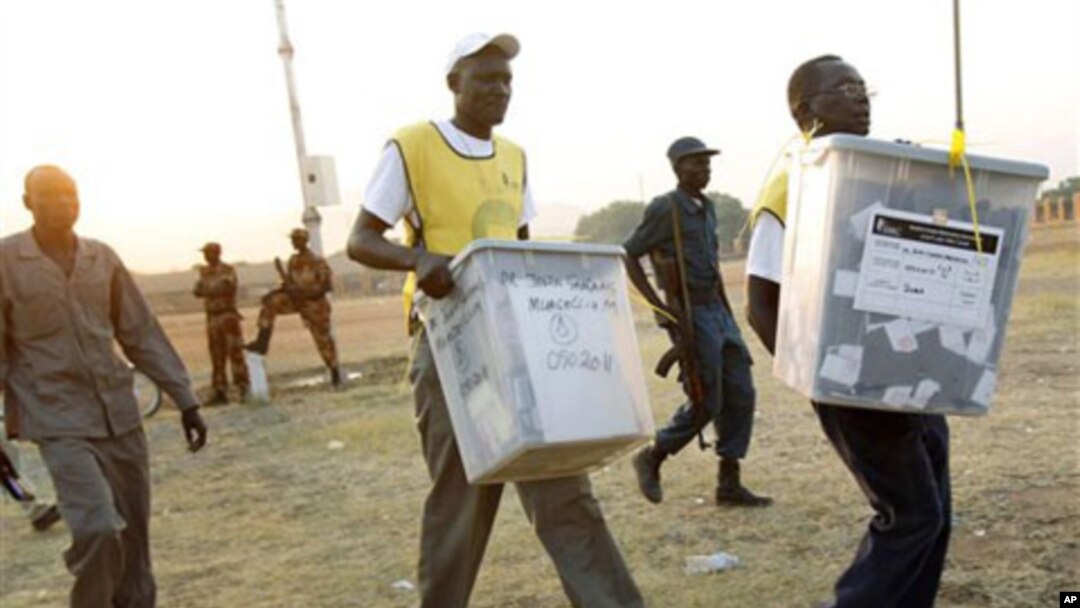A senior US State Department official has cautioned that unless immediate action is taken, the planned December elections in South Sudan are not likely to be a credible process due to the government’s delayed preparations.
In an interview, the official responded in the affirmative when asked if, absent immediate action, the electoral process was headed towards being a fraud.
Later this year, South Sudan will hold national elections to select a new transitional administration led by First Vice President Riek Machar and President Salva Kiir, whose forces fought each other throughout the country’s 2013–2018 civil war.
Kiir, who has been the country’s president since he led it into independence in 2011, announced in 2022 that the transitional administration would hold onto power for an additional two years, postponing the planned elections.
“I give it 50/50” about the possibility that the elections in December would go as scheduled, the official stated.
Speaking as anonymous, the official issued a warning that in the event that elections are postponed or unrest breaks out, the United States may consider using sanctions and modifying its diplomatic posture in the nation.
“If there’s either a delay or violence, I think we would look at the whole suite of options, including sanctions,” the official said.
According to the official, exploring Washington’s development assistance and other avenues of involvement are further choices.
An inquiry for comment was not immediately answered by a representative of the South Sudanese administration. According to the embassy, Peter Lord, the deputy assistant secretary for East Africa, Sudan, and South Sudan, visited the nation last week and urged the leaders to take the necessary actions to host legitimate and peaceful elections in December.
However, the US diplomat issued a warning on Friday, stating that South Sudan had failed to fulfil its obligations from two years prior, which included conducting a census, creating a constitution, and establishing all the democratic institutions required for the elections to occur.
The source went on to say that there hasn’t been a careful or comprehensive procedure because electoral institutions have just recently been constituted. According to the senior official, Kiir is in favour of the elections because they would give him credibility, but several in his immediate vicinity, including Machar, are against them because they run the risk of losing in a political struggle.
Although a 2018 agreement that put an end to a five-year conflict that claimed hundreds of thousands of lives declared South Sudan officially at peace, there are still frequent flare-ups of localised violence between competing populations.
Right now, South Sudan is in a precarious situation. Local violence between various armed groups and factions is increasing, according to UN reports.
According to UN estimates, South Sudan’s seven years of civil conflict between 2013 and 2020 resulted in 2.19 million refugees fleeing to neighbouring countries, 1.62 million internally displaced people, and 7.5 million people in need of humanitarian aid.

